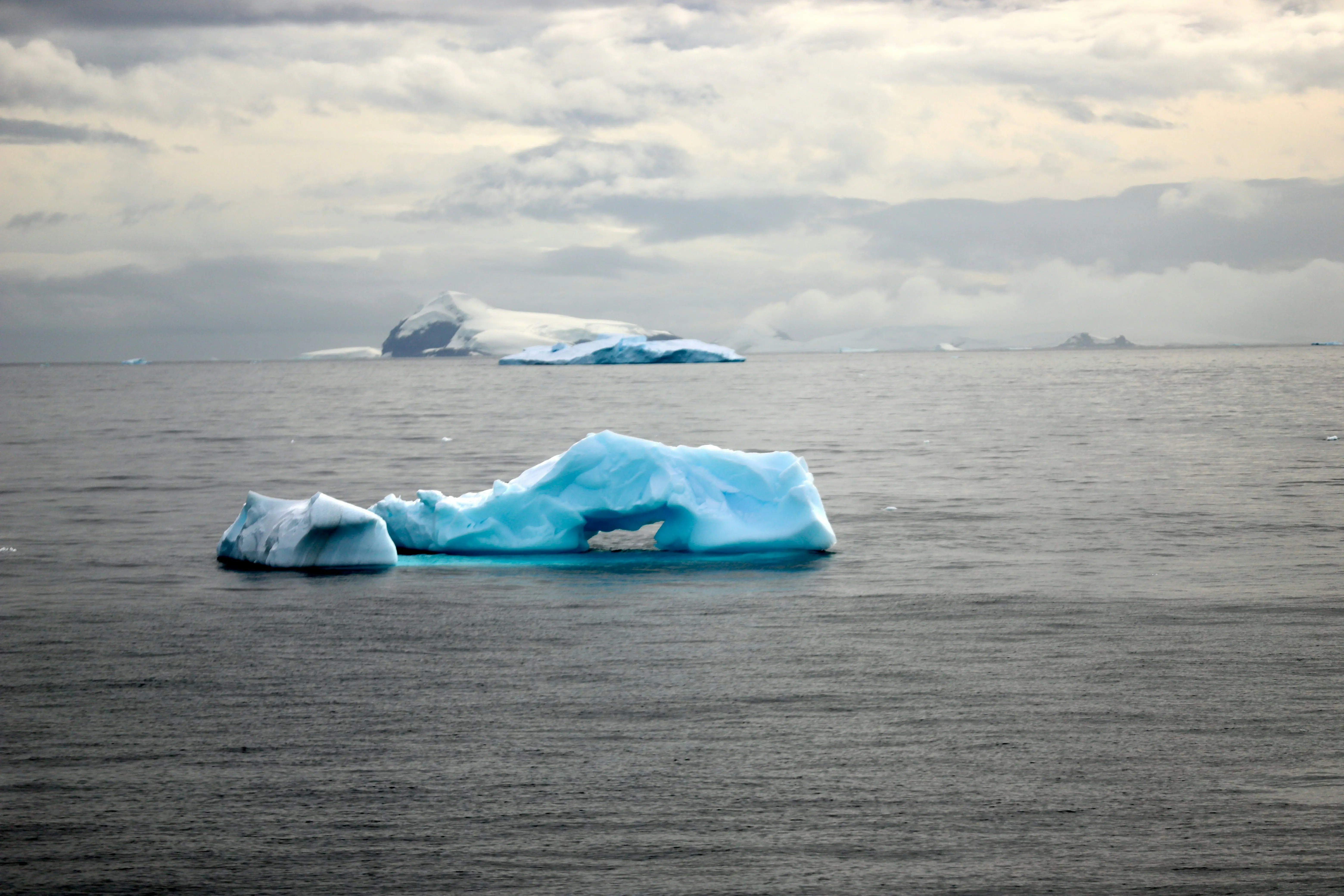Southern Ocean Is Heating Up, Losing Ice and Acting Weird

The Southern Ocean, one of Earth’s most important climate regulators, is changing fast, and in unexpected ways.
In a new report from the University of Southampton, researchers reveal that parts of the Southern Ocean are becoming saltier, warmer, and losing sea ice at a pace that defies long-established climate patterns. The findings are deeply alarming, suggesting that a decades-long trend has abruptly reversed, with consequences for everything from global ocean currents to Antarctic ecosystems.
"This is not what we expected to see," said lead author Dr. Yvonne Firing. "For years, the Southern Ocean has been absorbing excess heat and carbon dioxide, acting as a buffer against global warming. But now, the system is shifting, and fast."
Using long-term satellite observations and in-situ measurements, scientists found that freshwater inflow from melting ice is no longer diluting the ocean. Instead, surface waters are growing saltier, especially in regions that were once thought to be freshening. Simultaneously, water temperatures are rising, and sea ice is retreating at record levels.
The shift is more than just strange. It could disrupt the overturning circulation that helps regulate Earth’s climate, redistribute nutrients for marine life, and accelerate sea-level rise by exposing Antarctic glaciers to warmer water.
The study points to complex feedback loops, where warming oceans cause more ice melt, which in turn changes salinity and currents, potentially speeding up further warming. The researchers caution that current climate models may underestimate these kinds of abrupt changes.
“This isn't a slow fade, it's a sharp turn,” said Firing. “If this trend continues, we’re looking at serious disruptions to the global climate system.”
The Southern Ocean has long been called the lungs of the planet, helping to stabilize atmospheric carbon and cool the planet. But now, with warming, saltier waters rising from below and ice vanishing faster than predicted, it may be shifting from climate savior to climate stressor.
Understanding and responding to this reversal may be one of the biggest climate challenges of the decade.